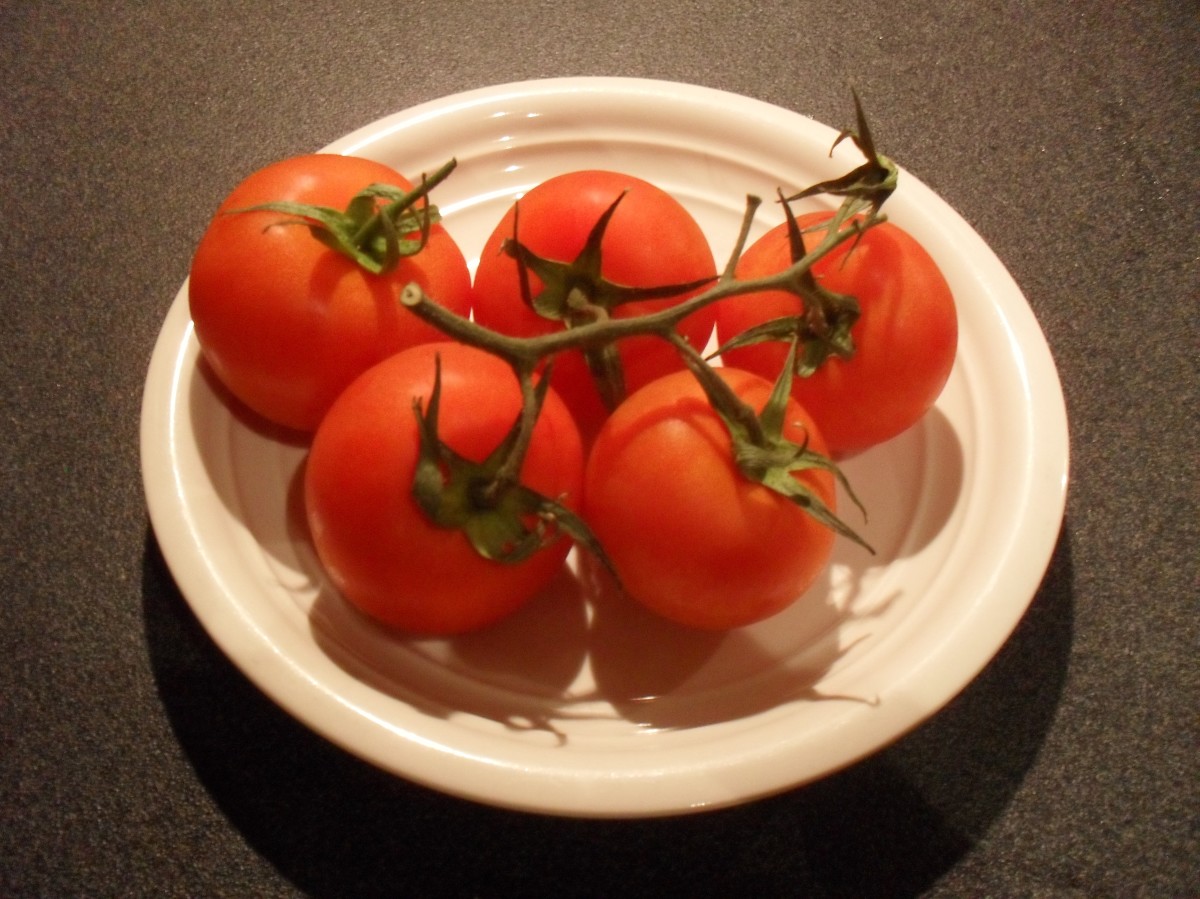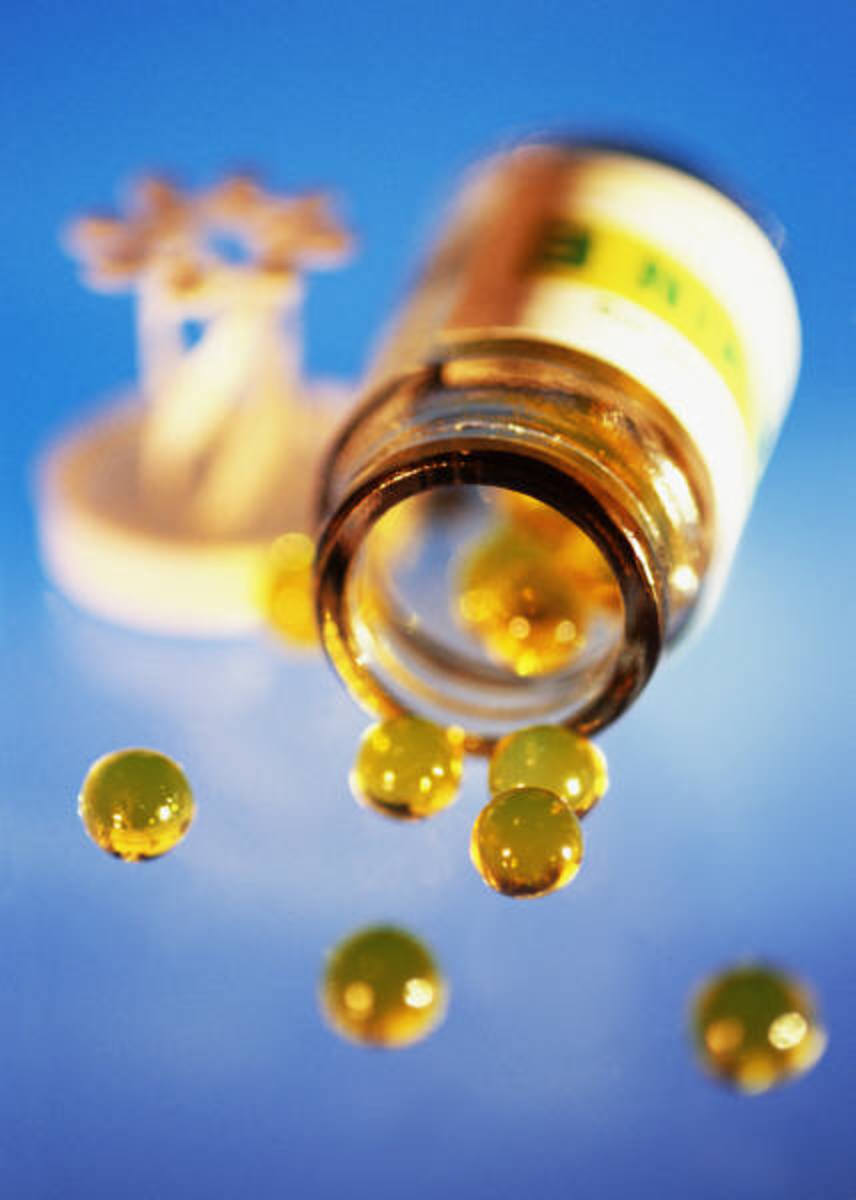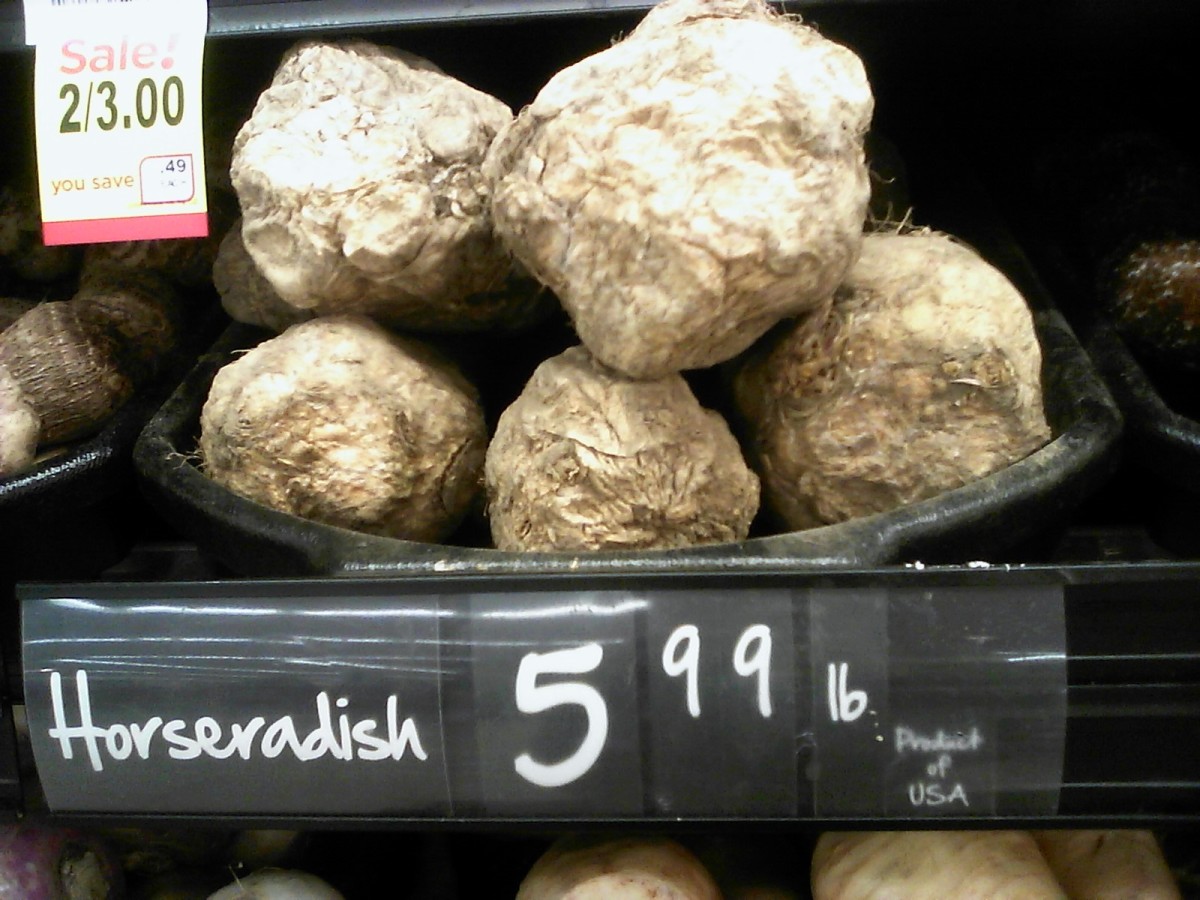The Use of St. John's Wort in the Treatment of Depression: What Does the Research Say?

Introduction
People use herbal remedies for a wide variety of physical and mental ailments. One such plant that is used as a herbal remedy is St. John's Wort. This article is about the use of this plant as a herbal remedy, specifically in the treatment of depression. Evidence from scholarly articles is included in this discussion; please see the end of the page for a complete reference list.
What is St. John's Wort?
St John's Wort (Hypericum perforatum) is a yellow-flowering plant native to Europe. It is a perennial herb, meaning it flowers throughout the year. Traditionally, the plant was used to ward off evil; now one of its uses is as a remedy to treat depression.
How Can It Be Used to Treat Depression?
Many of the chemical compounds found in St. John's Wort have been found to prevent nerve cells in the brain from reabsorbing the chemical serotonin. This has been shown to help depression. The recommended dosage is 900mg. It is important to note, that St. John's Wort may interact negatively with, or lessen the effectiveness of, other medications used to treat depression and other mental and physical illnesses.
What Does the Research Say?
Over 50 articles containing research on the efficacy of St John's Wort as a treatment for depression have been published over the past twenty years (Seelinger & Mannel, 2007). These studies have used both juvenile and adult participants.
Seelinger and Mannel, (2007), sum up the results of several trials. They explain that in some St John's Wort studies, it was found that patients taking St. John's Wort showed a more significant improvement in symptoms to those who took placebos. Other studies showed there was no significant difference in the participants who took St. John's Wort, compared to those who took placebos. When the data was examined closer, it was found that in most cases, the participants who had the most benefit of the herb had either mild or moderate depression. Those who showed no significant difference had severe depression. Butterweck, (2003), summarised findings with similar results. She also pointed out that St. John's Wort had the least effective results in participants with severe depression.
There has been some fear that taking St. John's Wort during pregnancy may result in babies being born prematurely, and/or with disabilities. A study conducted by Moretti et. al, (2009) provides some evidence to suggest that this isn't the case. This study found that 5% of babies born to mothers taking St. John's Wort were born with a "malformation." This is within the range of 3-5% of babies expected to be born with malformations in the general population.
One of the main problems with using St. John's Wort, is that is negatively interacts with some medications, decreasing their efficacy (Zhou & Lai, 2008; Mannel, 2004).
If you are considering taking St. John's Wort to treat depression, please make sure you speak to your doctor first. Although this is a herbal remedy, it doesn't mean it can be taken without taking into account the risks versus the benefits. This discussion can only take place with a qualified medical practioner.
Reference List
Butterweck, V., (2003). Mechanism of action of St. John's Wort in depression: What is known? CNS Drugs 17 (8) 539-562. Retrieved March 2nd, 2010, from Academic Search Premier.
Mannel, M., (2004). Drug interactions with St. John's Wort. Drug Safety 27(11) 773-797. Retrieved March 2nd, 2010, from Academic Search Elite.
Moretti, M.E., Maxson, A., Hanna, F., & Koren, G., (2009). Evaluating the safety of St. John's Wort in human pregnancy. Reproductive Toxicology 28(1) 96-99. Retrieved March 2nd, 2010, from Elsevier SD Freedom Collection.
Seelinger, G., & Mannel, M., (2007). Drug treatment in juvenile depression - Is St. John's Wort a safe and effective alternative? Child & Adolescent Mental Health 12 (3) 143-149. Retrieved March 2nd, 2010, from Academic Search Premier.
Zhou, S., & Lai, X., (2008). An update on clinical drug interactions with the herbal antidepressant St. John's Wort. Current Drug Metabolism 9(5) 394-409. Retrieved March 2nd, 2010, from Academic Search Premier.





